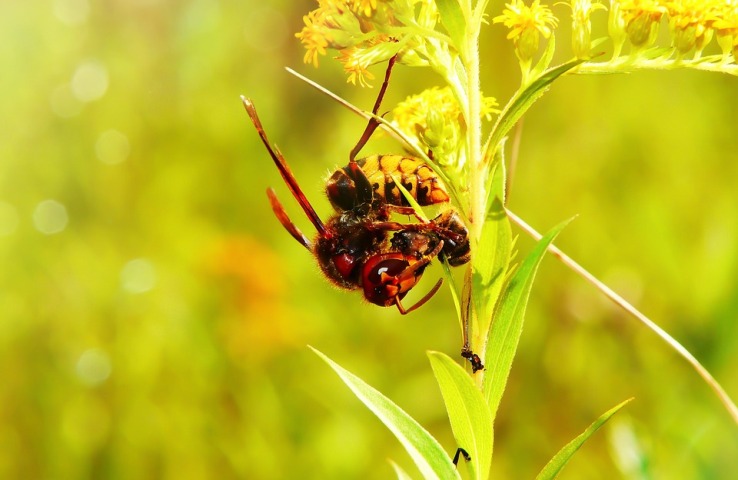BBVA and the International Finance Corporation (IFC), a member of the World Bank Group, have issued a US$15 million first tranche of the world's first biodiversity bond, which will eventually amount to US$70 million. The bond aims to finance projects that address key drivers of biodiversity loss, focusing on reforestation, natural forest regeneration on degraded lands, climate-smart and regenerative agriculture, and wildlife habitat restoration.
BBVA in Colombia is the issuing bank, while IFC acts as the structurer and investor. The operation includes advisory services to establish eligibility criteria and reporting indicators for activities that protect, maintain, or improve biodiversity and ecosystem services. Additionally, IFC will build technical capabilities within BBVA and raise awareness among its clients about financing opportunities for biodiversity in Colombia.
"BBVA is proud to lead this initiative with IFC. It not only represents a commitment to biodiversity and adaptation to climate change but also an opportunity to generate economic and social development," said Mario Pardo, executive president of BBVA in Colombia.
Alfonso García Mora, vice president for Europe, Latin America, and the Caribbean of IFC, added, "Support for conservation projects contributes to mitigating the adverse effects of climate change and safeguarding biodiversity. We are delighted to support BBVA in this initiative, the first of its kind on a global scale, and reaffirm once again our commitment to sustainable development and environmental protection in Colombia."
In 2023, BBVA in Colombia financed more than 214.8 billion Colombian pesos in areas aligned with biodiversity, such as land use, terrestrial habitat, ecotourism projects, smart agriculture, and conservation of marine habitats, mammals, and birds.
Due to its geographical location, Colombia integrates diverse ecosystems. With more than 50,000 plant species, Colombia is home to 14% of the world's known plant species, second only to Brazil. In addition, nearly 4,500 species of birds, a third of the world's bird species, can be found in Colombia, making it the country with the greatest diversity of birds on the planet.
Colombia is also the second country in the world with the greatest diversity of mammals, after Indonesia, boasting over 1,400 species. Additionally, it has nearly 1,500 species of amphibians, representing 14% of these species worldwide, making it the country with the greatest diversity of amphibians in America.
Climate change not only affects biodiversity in animal and natural species but also impacts communities, leading to displacement due to floods, crop losses due to droughts, and fires. According to data from the World Bank, climate change could generate up to 10 million refugees in Colombia by 2050.











